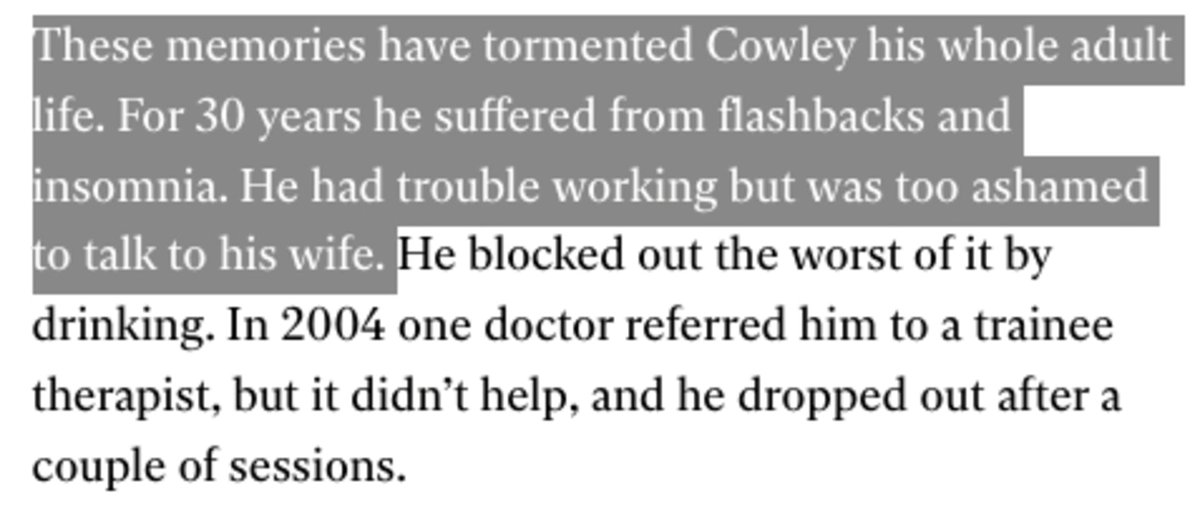
Welcome back to day two of #EmTechDigital. Today, we are going to look at what’s new with the the algorithms that are powering our systems. Grab a virtual seat here: trib.al/YipvRIp
We’ll look at some case studies for how organizations are using AI to improve their processes, and we’ll also take some time to discuss some of the big issues surrounding equity, usage, and policy surrounding AI. #EmTechDigital
Finally, we’ll finish up the day with a session with some researchers, who are taking time away from their labs, to share some of their new ways of developing and advancing the way we think about AI. #EmTechDigital
First, we'll dig into what's next for deep learning. Deep learning algorithms have become so good in the last few years. So much so that for many applications, algorithms and models can be used off the shelf. AI is becoming a cloud-based service. #EmTechDigital
But that of course does not mean that there’s nothing happening in the algorithm space. Some of the biggest recent advances in AI are entirely down to brand new algorithms. #EmTechDigital
Large language models are the technology behind some of the largest AI models ever built: @microsoft’s 500-billion parameter Turing-Megatron NLG. @alialvi is walking us through transforming traditional algorithms. #EmTechDigital
@Microsoft @alialvi The future is all about interactive AI and unified models, Alvi says. #EmTechDigital
The trend lines for large scale AI show no signs of stopping, Alvi says. There will be significant opportunity for new and disruptive experiences. #EmTechDigital
The more parameters you have, the higher degree of freedom you have, Alvi says. They allow more flexibility. #EmTechDigital
Now, we are going to take a look at what is needed for AI to perform human-like problem solving. This is something our next speaker, Orio Vinyals, a principal scientist at @DeepMind, has been working on for a while. #EmTechDigital
One lesson according to Vinyals: high-quality data is key. Compute is key. #EmTechDigital
Is there increasing benefit from scaling up?
Scaling up will be part of the solution, but it's not the only solution, @OriolVinyalsML says. #EmTechDigital
Scaling up will be part of the solution, but it's not the only solution, @OriolVinyalsML says. #EmTechDigital
With all of these amazingly powerful AI systems emerging, how do make sure that they evolve and grow in a way that we intend?
Our next speaker is @miramurati, the senior vice president for research, product, and partnerships at OpenAI is here to discuss just that. #EmTechDigital
Our next speaker is @miramurati, the senior vice president for research, product, and partnerships at OpenAI is here to discuss just that. #EmTechDigital
When GPT-3 can predict the next word in text, it can then do many other tasks, Murati says. #EmTechDigital
.@strwbilly has covered how OpenAI has trained its flagship language model to follow instructions, making it spit out less unwanted text—but there's still a way to go. #EmTechDigital technologyreview.com/2022/01/27/104…
Human feedback is crucial to these kinds of models. How do you scale that up?
Machine learning techniques can be used to make human feedback more scalable, she says. #EmTechDigital
Machine learning techniques can be used to make human feedback more scalable, she says. #EmTechDigital
How does the system deal with conflicting feedback?
Over time, the model will optimize for a set of average intentions, Murati says. #EmTechDigital
Over time, the model will optimize for a set of average intentions, Murati says. #EmTechDigital
• • •
Missing some Tweet in this thread? You can try to
force a refresh







